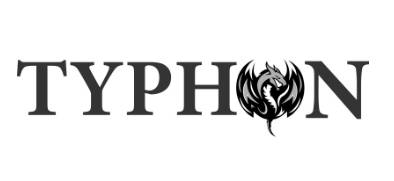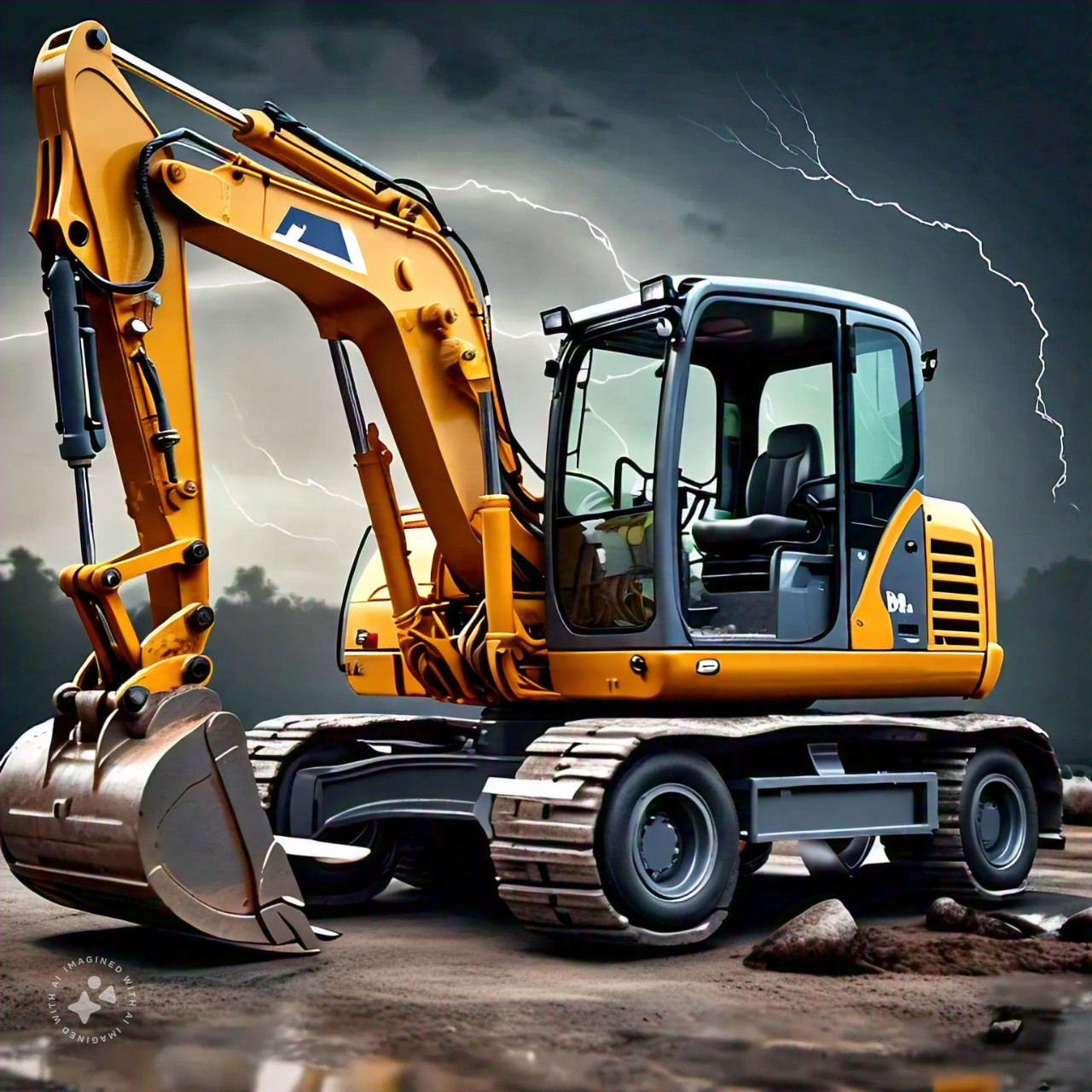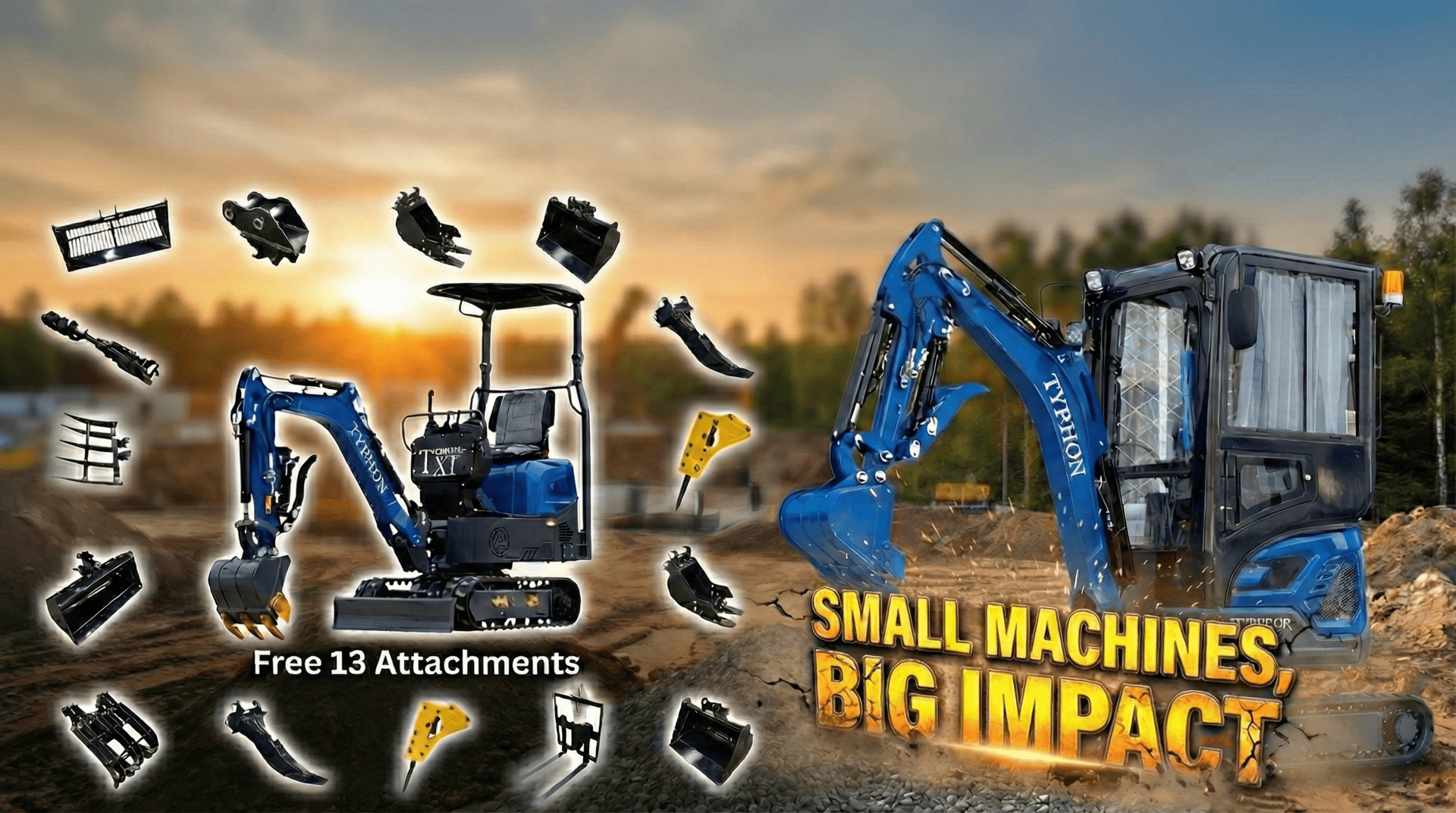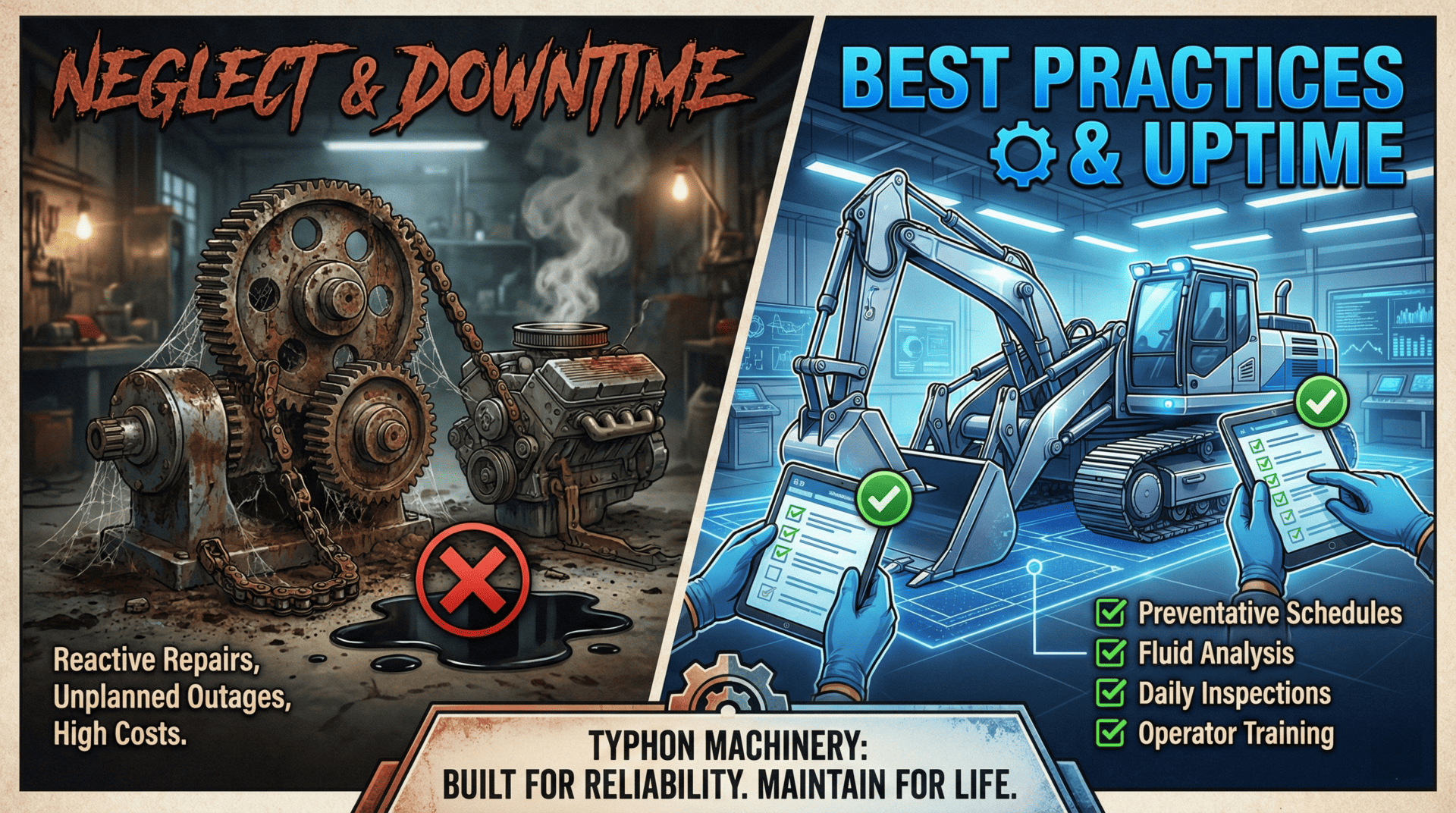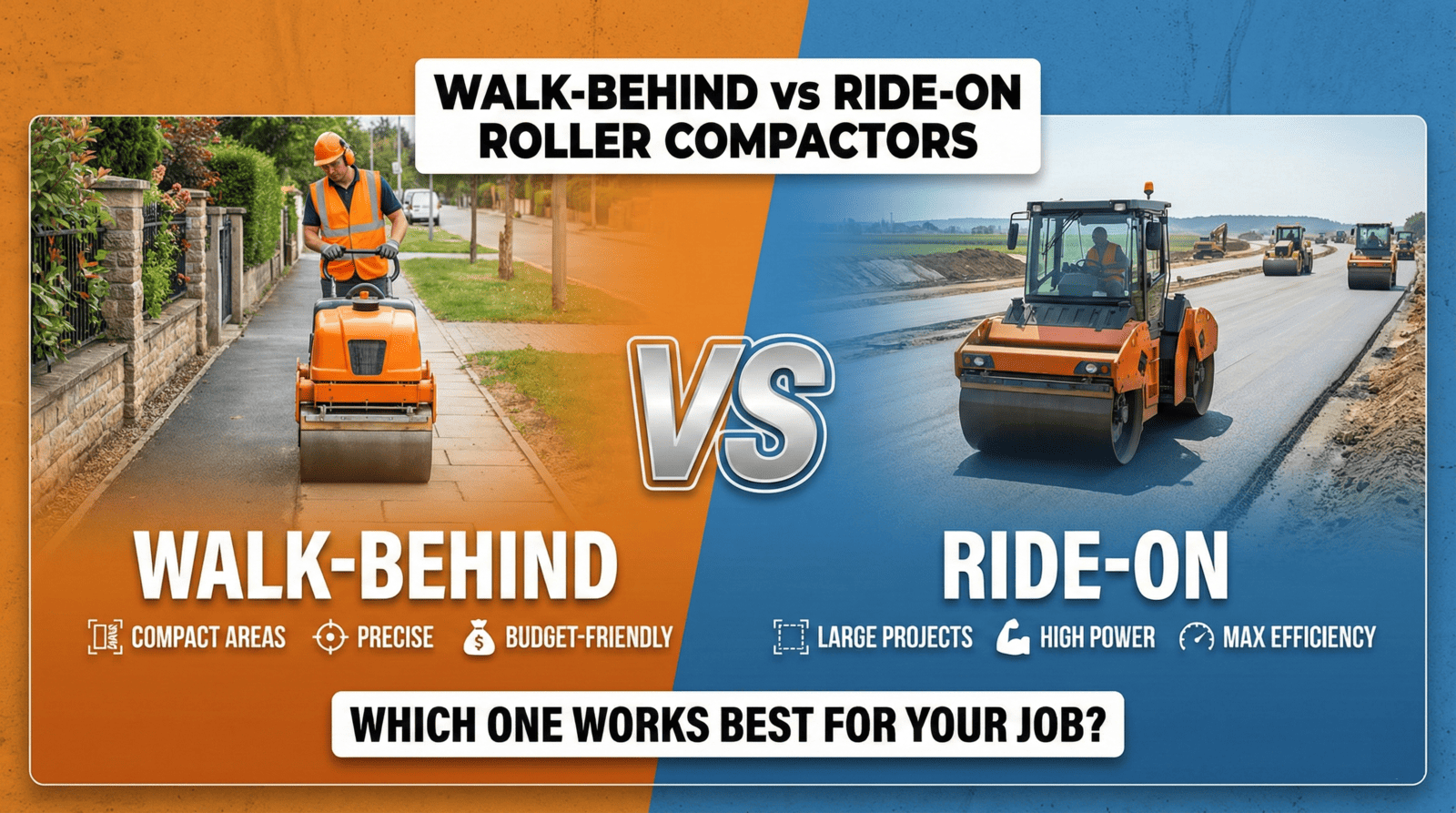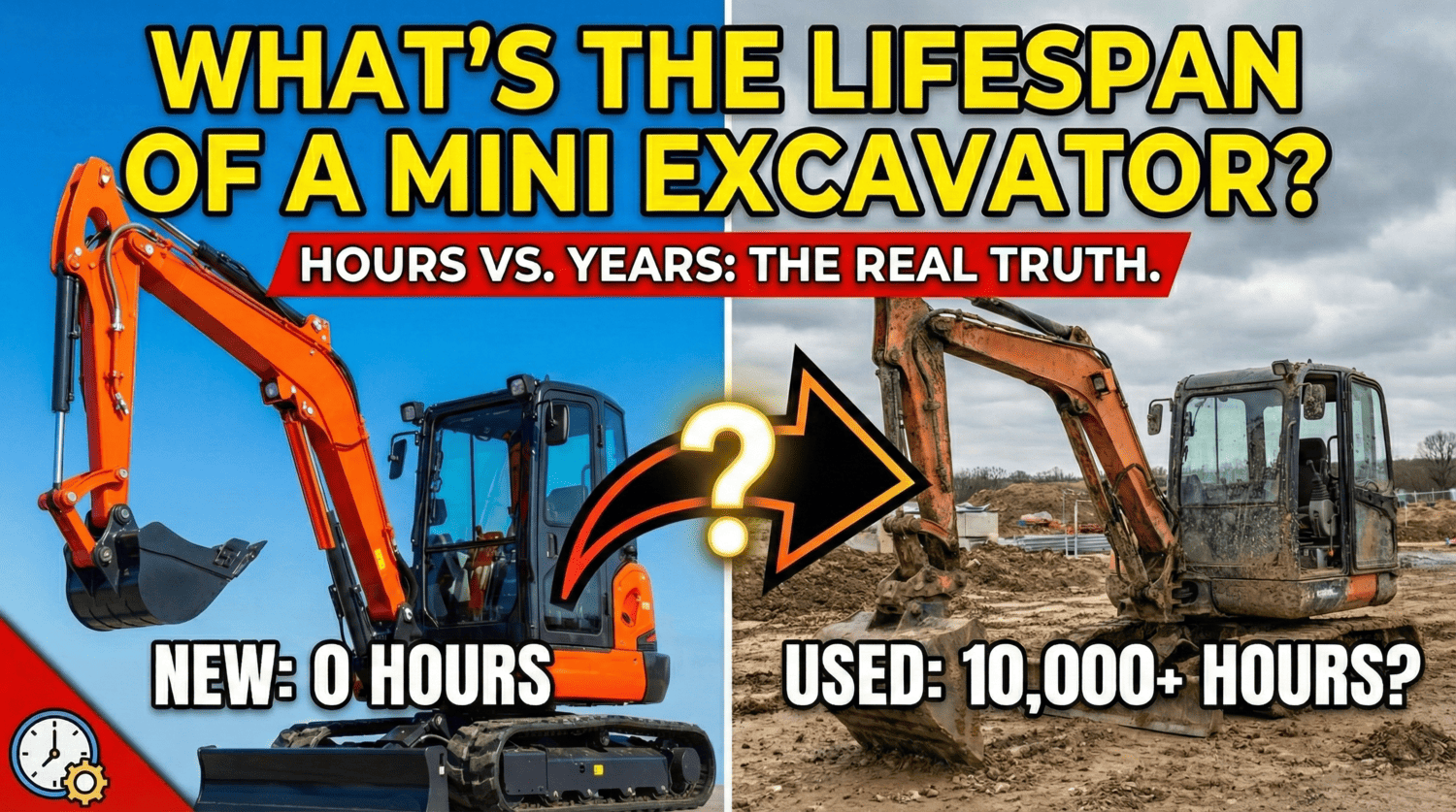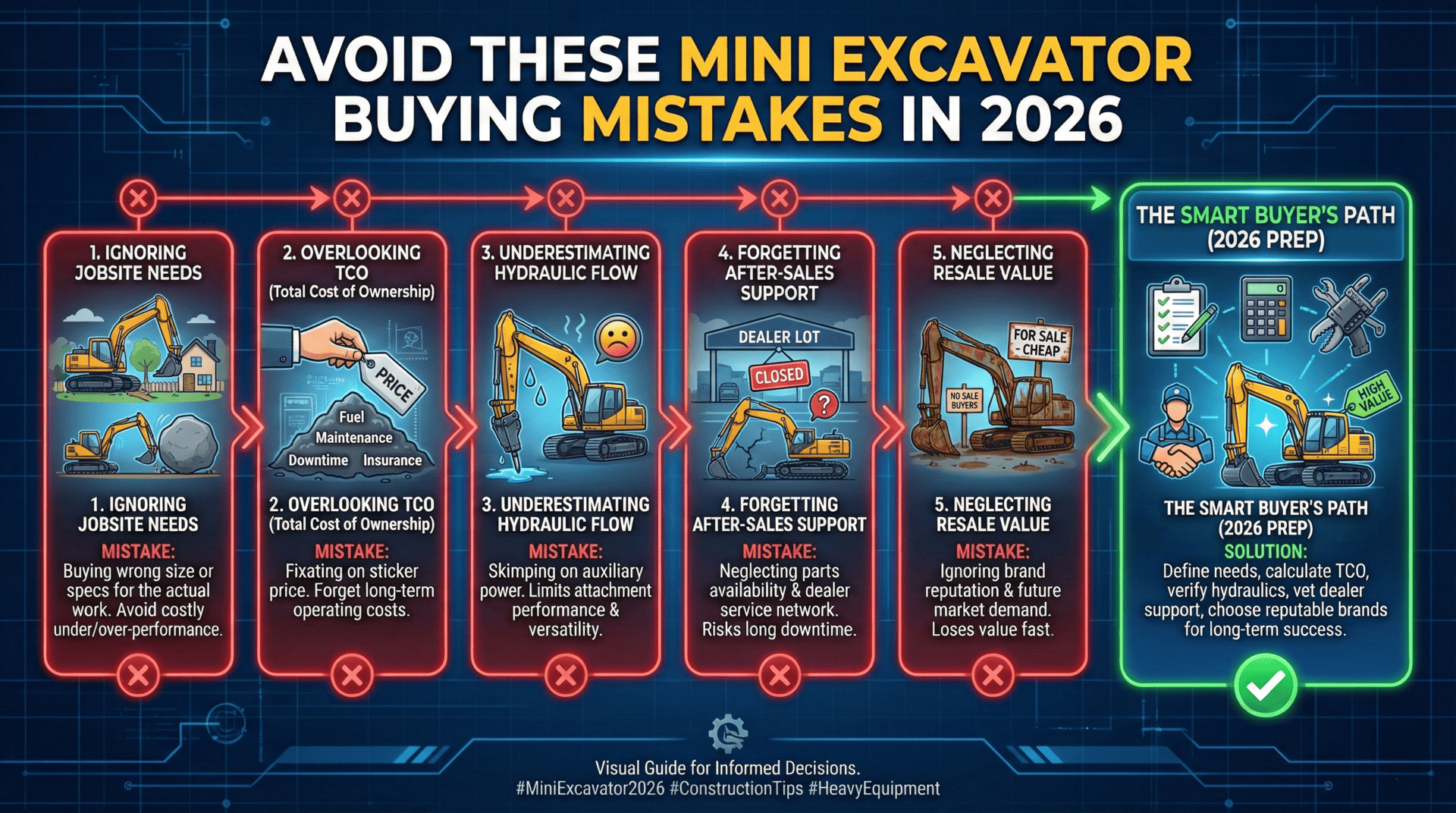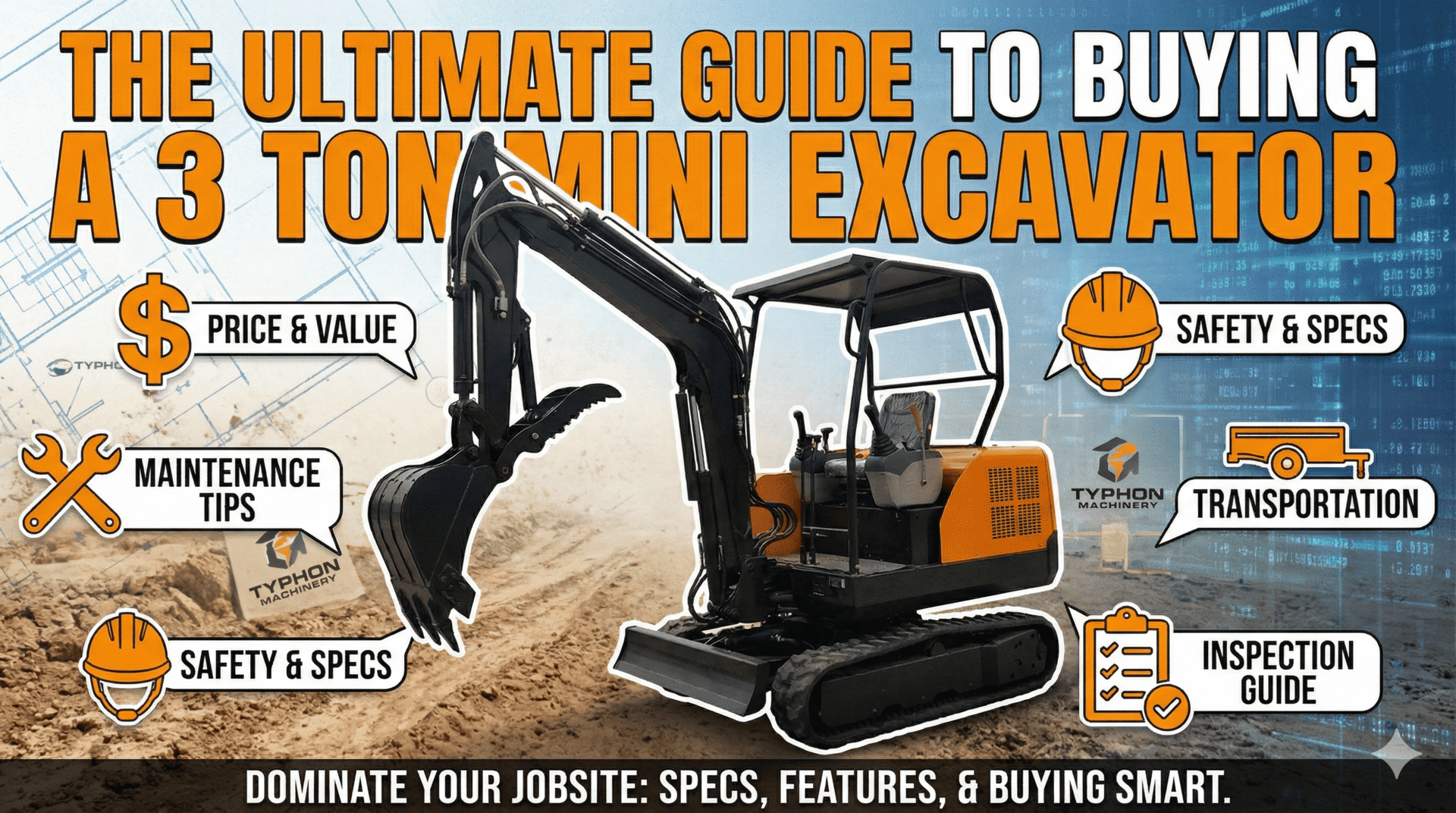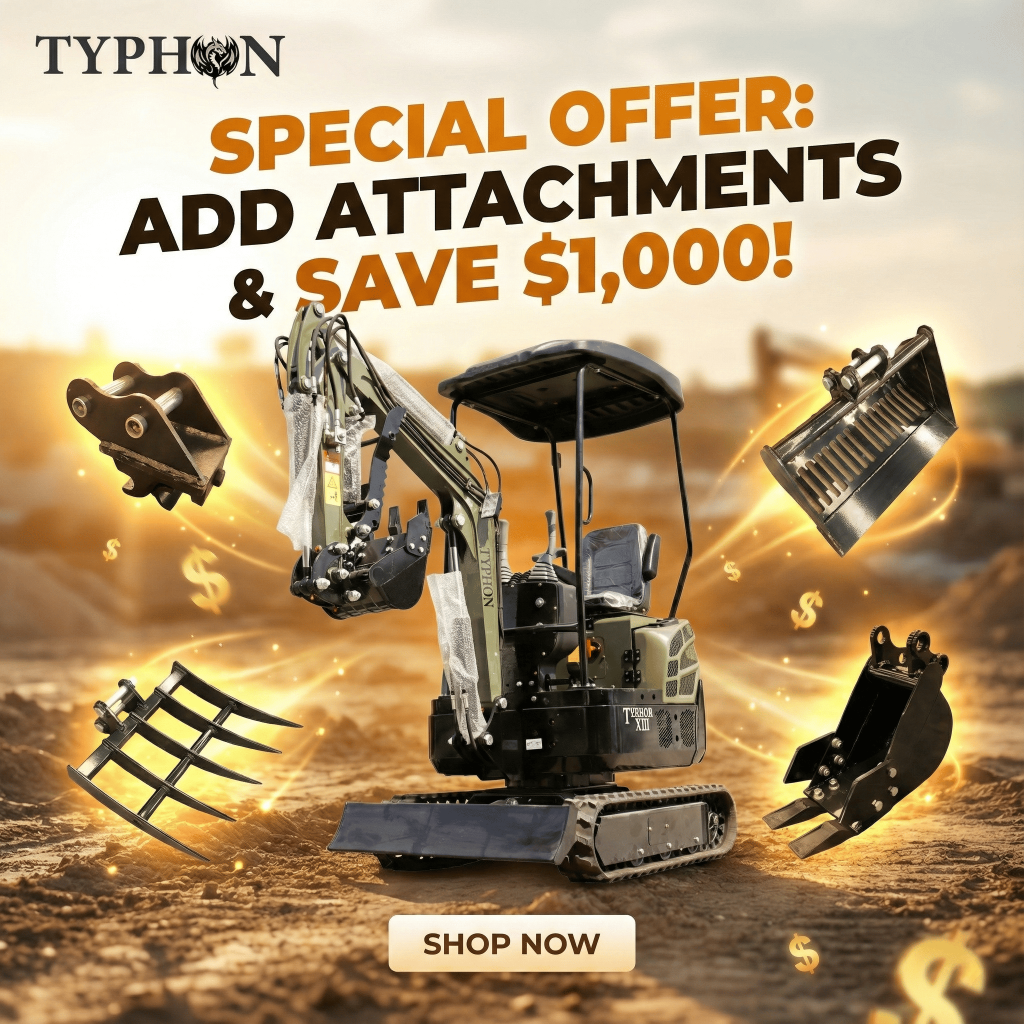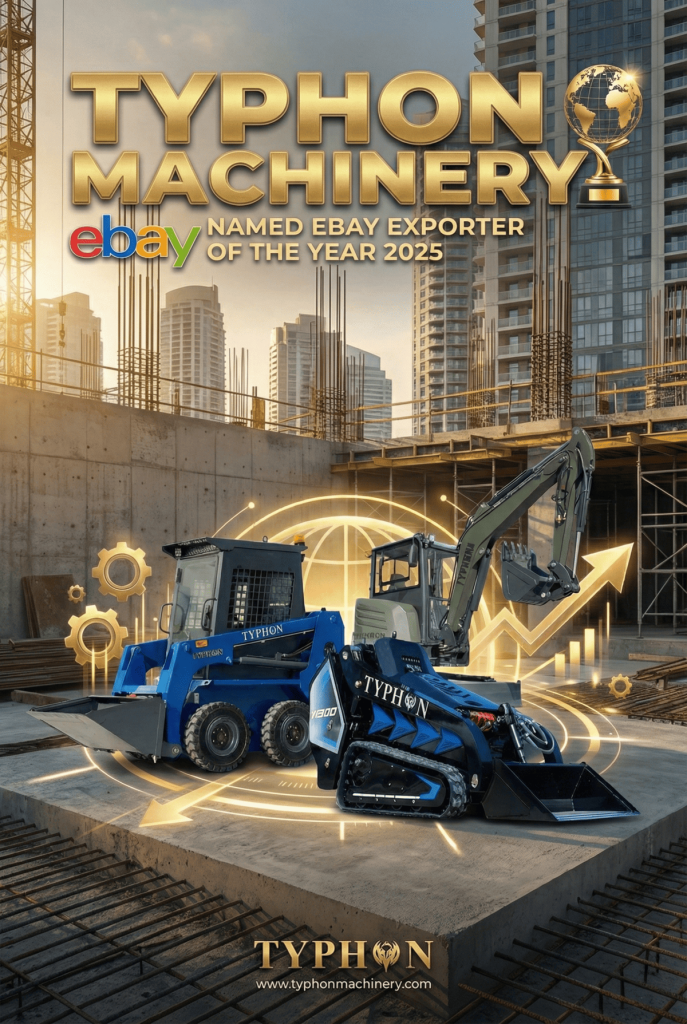For both construction businesses and do-it-yourselfers, including landscapers, choosing between purchasing and leasing a small excavator is a big choice. This decision affects your operational logistics, budget, and project schedule as well as This blog article offers a thorough study of both choices along with particular cost computations. At last, you will have the knowledge required to make a wise decision catered to your particular requirements and financial limits.
Understanding the Basics of Compact Excavators
Versatile tools extensively utilized in construction, gardening, and numerous DIY projects are compact excavators, also referred to as mini excavators. They provide the adaptability to easily complete jobs like grading, trenching, and excavating. Their small size makes them perfect for tasks where access or space could be constrained. For many experts, small excavators have become indispensable instruments as they can negotiate confined areas.
Knowing the breadth of chores these machines can do helps one decide whether to purchase or rent. From little gardening chores to large building jobs, mini excavators provide flexibility and efficiency. Their flexibility in various attachments adds even more value as it helps companies trying to optimize their operating capacity.
Furthermore, your choice may be greatly influenced by the features and capacity of many models. Crucially important factors include digging depth, reach, and breakout power. These characteristics define a machine’s fit for certain jobs, therefore affecting the optimal course of action—renting or buying.
The Cost of Renting a Compact Excavator
For individuals who wish to avoid the upfront expenses of buying equipment or want a machine for a temporary job, renting a small excavator might be a tempting alternative. Still, an educated choice depends on knowing the related expenses.
Rental Rate Variations
Compact excavators’ rental fees may vary greatly depending on the machine’s size, the rental time, and the region. Usually, day rentals go from $100 to $500. If your project spans more than one week or month, however, rates could provide greater value. Knowing these variances allows you to properly allocate your project budget.
Additional Rental Costs
Other expenses have to be taken into account outside the leasing price. Renting firms’ insurance could add $20 to $50 daily. Depending on the distance and logistics involved, delivery and return transportation expenses can vary from $50 to $150 per. Your budget should also include your petrol costs, which often run between $50 and $100 per day. Should you need an operator, pay between $50 and $100 per hour.
Calculating the Total Rental Cost
Add up the rental fee, insurance, transportation, fuel, and operator expenses for the whole project period to forecast the overall cost of leasing a compact excavator. This basic computation offers a whole picture of your possible costs, therefore helping you to make a wise choice.
The Advantages of Buying a Compact Excavator
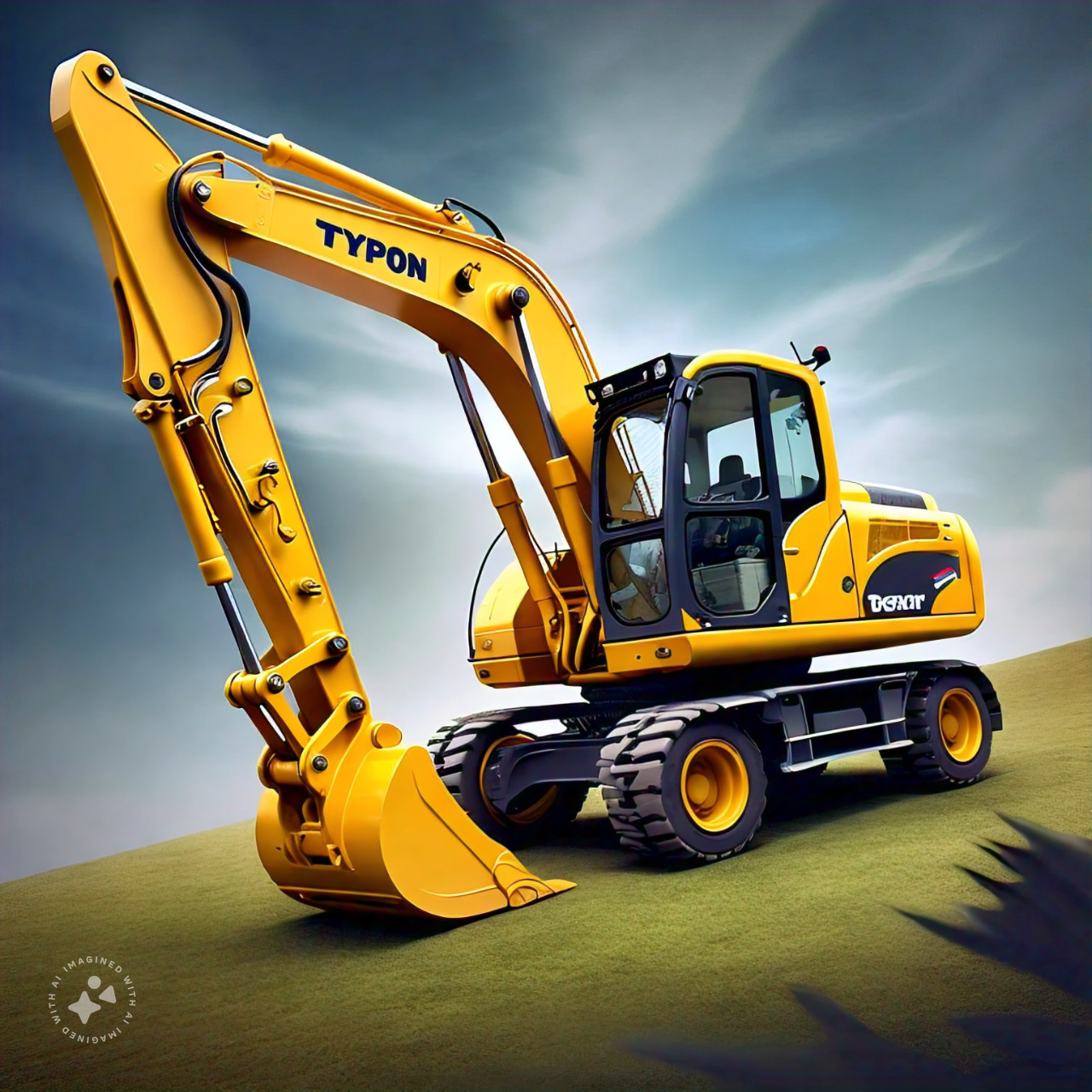
Buying the equipment might be a more cost-effective choice over time for individuals who expect regular usage of a small excavator. One has various different benefits from ownership.
Full Control and Accessibility
Owning a small excavator allows you total control over its operation. You may run it whenever you need it without considering rental availability or duration limits. For ongoing projects or companies depending on certain equipment for their operations, this adaptability might be rather important.
Potential Rental Income
One often disregarded benefit of ownership is the possibility of rental revenue. Renting your excavator will help offset the purchase price while it isn’t in use. Companies trying to optimize their investment may especially find this extra revenue source quite helpful.
Long-Term Financial Benefits
Additionally resulting in long-term financial savings is ownership. Possibilities for tax benefits, lower mortgage rates, and decreased long-term leasing payments all contribute to the financial viability of owning a small excavator. These savings over time might help one make a wise purchase based on financial situation.
Quality and Reliability
Getting a little excavator from a reliable brand guarantees dependability and quality. Long lifetime and constant functioning of durable machines help to explain their Reliable model investments help to lower maintenance problems and downtime, therefore saving money for companies.
Comparing the Pros and Cons
There are clear benefits and drawbacks to renting and purchasing small excavators. Making the best decision requires us to weigh these against your particular requirements and situation.
Considerations for Renting
Renting saves big upfront expenses and gives flexibility. For temporary tasks or sporadic usage, it’s perfect. But the expenses may mount rapidly, particularly for long-term projects, so ownership becomes a perhaps less expensive choice over time.
Considerations for Buying
Although buying calls for a large initial outlay, it gives greater control, possible income sources, and long-term savings. Those who wish to guarantee quick access to tools or who expect frequent usage of an excavator should find it most suitable.
Making the Right Choice
Project length, frequency of usage, financial restrictions, and operational demands should all help one decide between renting and purchasing. Examining these factors closely will help you to choose the best appropriate solution for your particular circumstances.
Key Takeaways and Next Steps
Renting or buying a mini excavator requires careful weighing of expenses, use requirements, and long-term advantages. Renting gives instant access and flexibility; purchasing gives control and possible financial benefits over time.
See professionals in the field or financial advisers to get more ideas catered to your particular circumstances for those still unsure about the best road ahead. Investigating finance choices and rental agreements may also help to clarify matters and help one to make the best selection available.
In the end, knowing your demands and the capabilities of small excavators will help you decide whether to rent or purchase such that your operational efficiency is improved and your company objectives are supported.
